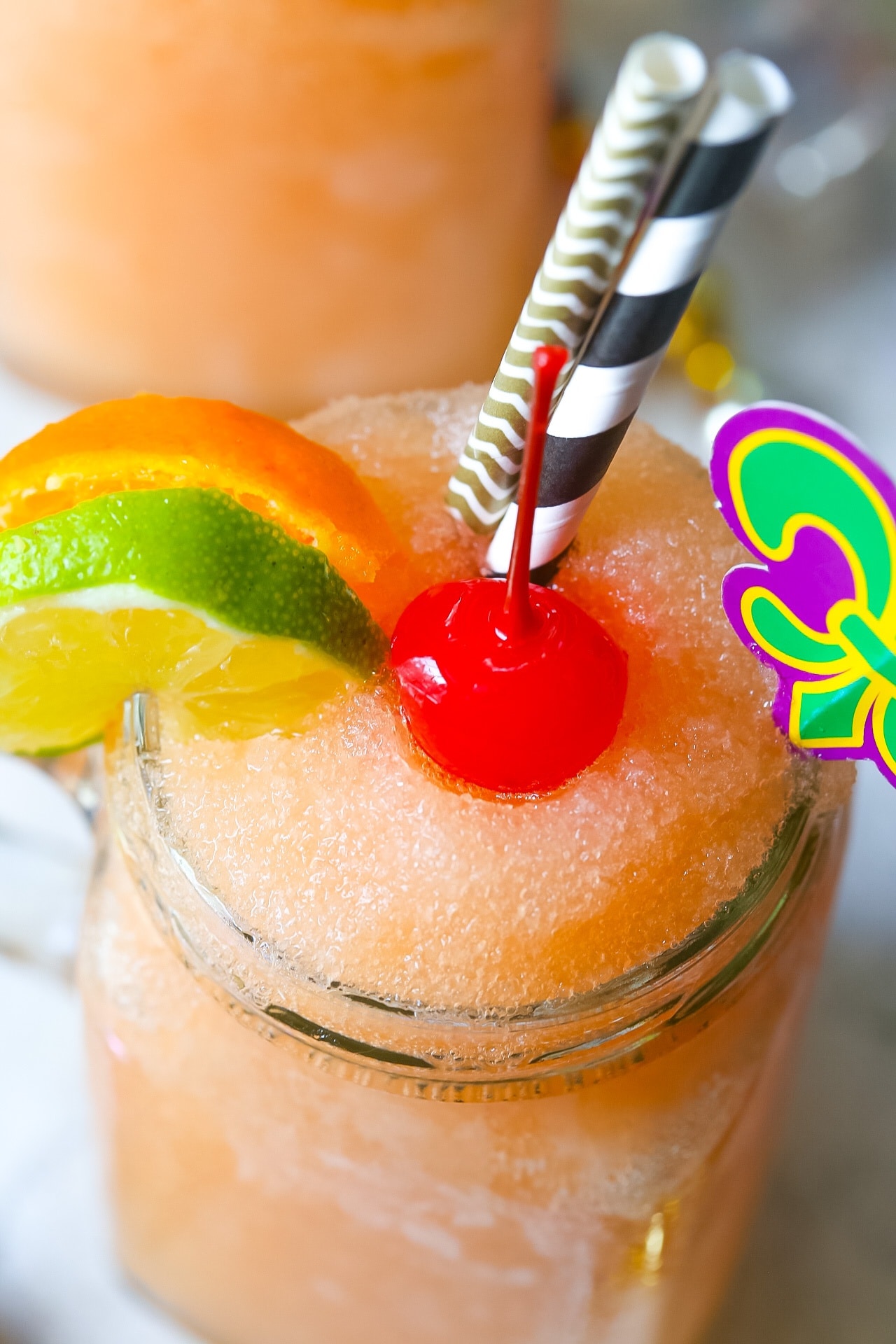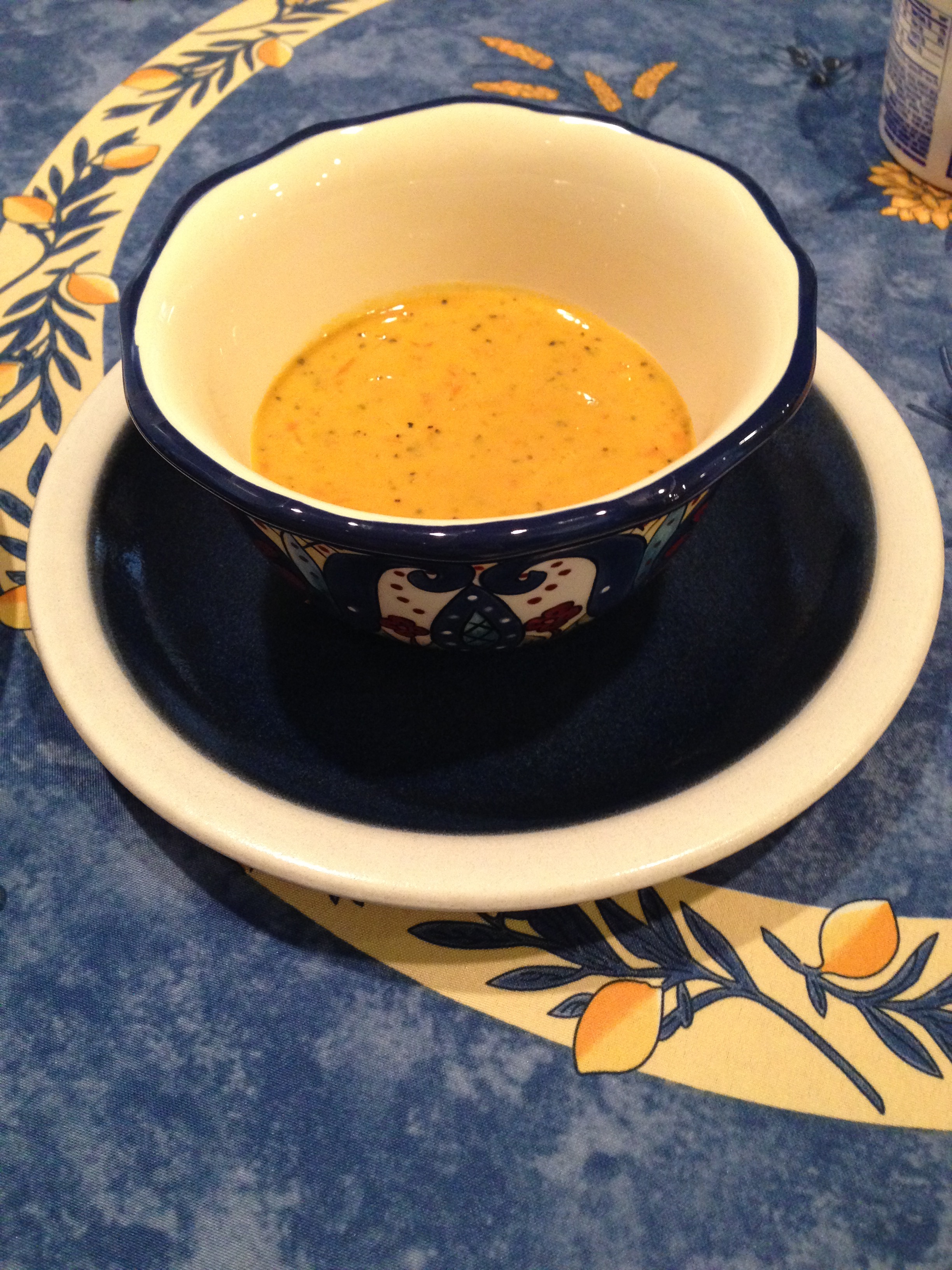

Great great grand daddy Knute's boat was probably a wooden sea-faring vessel of some kind (I'm imagining Vikings) while the boat we blocked-up was an aluminum fishing boat used in fresh water. But it is also possible that the reason is no longer extant or has changed in its importance. I'm afraid to not do it because there may be a reason for doing this."Īnd there probably was. My father did this, and his father before him probably did it. When we were done, he said: "I'm not sure why we do this. One day, up at my wife's family cabin, I helped my father-in-law put a row boat, upside down, on a set of blocks late in the fall. We inherit or receive from somewhere, or sometimes just make up, our responses to the environment (biological and cultural) and then we engage in those responses, often adjusting them stylistically but not functionally. One of the basic problems is that cultural practices rarely result from scientific thinking. Our biology demands that we eat, and our culture complies and cooperates in that effort, but the culture part is screwing it up. The diet could be culturally adjusted to not result in so much cardiovascular disease and cancer, 2 but culture is incapable, it seems, of overriding the biology of food related desires. Our modern Western diet is a construct of culture, and it also may be the single largest cause of death for most Western people. We evolved fur to keep us warm, then we lost the fur and replaced it with clothing, then we got stoopid. Never mind that the seasons were reversed. He noted that the gentry of Australia were accustom to wearing light linen suits during June, July and August and dark woolen suits in December, January and February, because this was the European/British fashion cycle. Childe was Australian born, and he returned to Australia for a dose of euthanasia, but in between he worked on Europe and lived in Britain. Gordon Childe noted this in one of his many treatises (such as " Man Makes Himself ," 1 on culture. Between the two, we see culture capable of doing some pretty dumb-ass things, or simply failing to do the obvious. The other is the speed at which culture changes things. This is something many people believe in but I see much evidence that culture is overrated in this area. how much culture actually is adjusted to optimize a solution. We tend to overestimate the actual utility of the cultural adaptation. Despite the importance of culture, the adaptability of culture and its quickness are highly overrated.

So, what am I complaining about with this falsehood? Until the invention of agriculture (a bad idea all around) humans in most places in the world and at most points in history probably spent very little time in the direct acquisition of food because our technology (which is a cultural thing) is so wicked cool. Our diets are diverse and rich because of our technology. We tropical ex-monkeys live in temperate, subarctic, and arctic environments because of clothing and fire, for instance. Indeed, the very essence of humanity is culture's effects on human capacities. Surely, it is true that culture can change more quickly than biology, and surely it is true that culture can make adjustments for biological effects or alterations. Connected to this is a subtly different but very important idea: Culture actually makes sensible adjustments to compensate for changes in the biological realm. At issue here is the idea that "biology" is slow and ponderous, glacial, even geological, in its rate of change, while culture is quick and snappy and makes rapid adjustment.


 0 kommentar(er)
0 kommentar(er)
